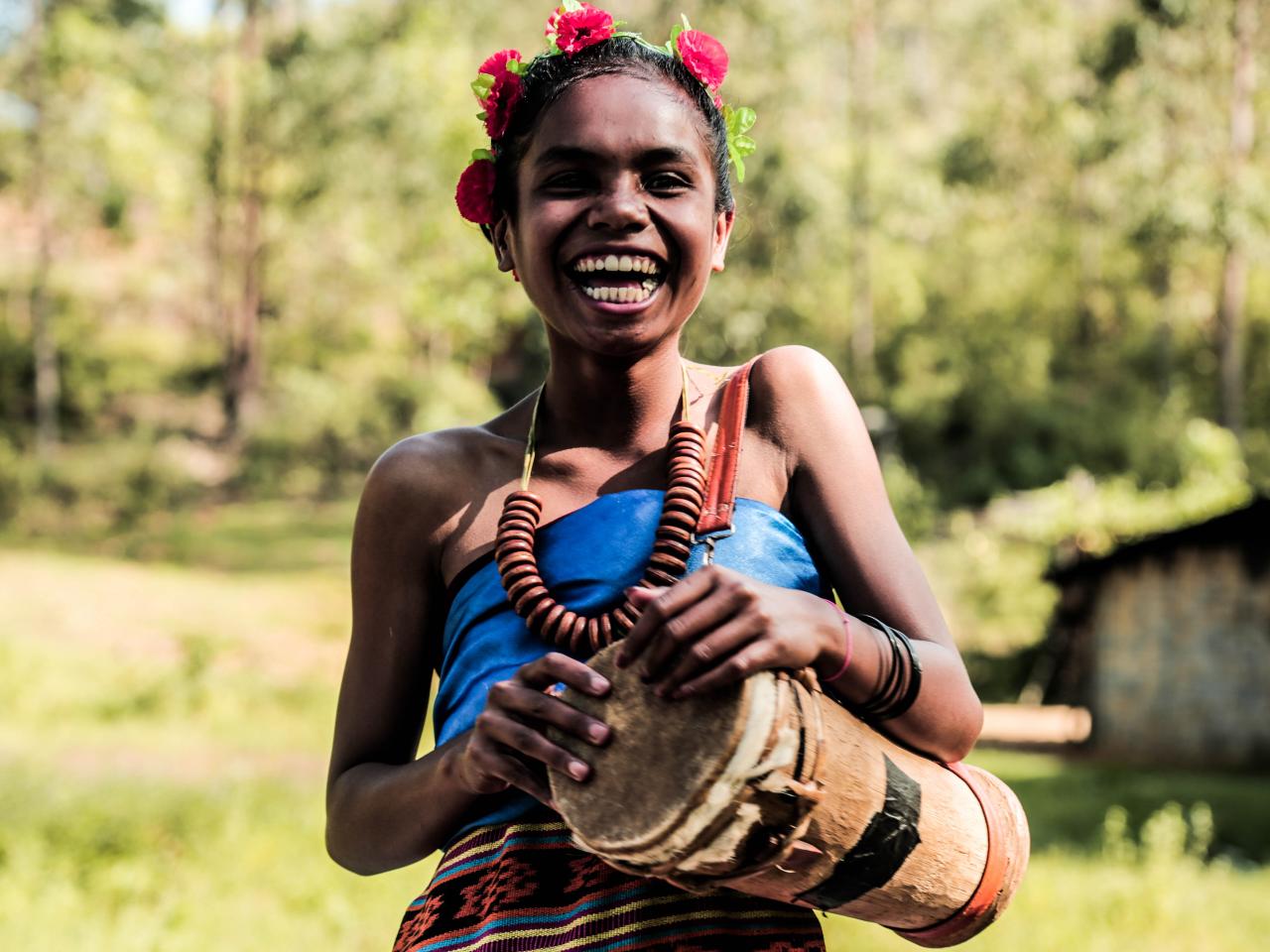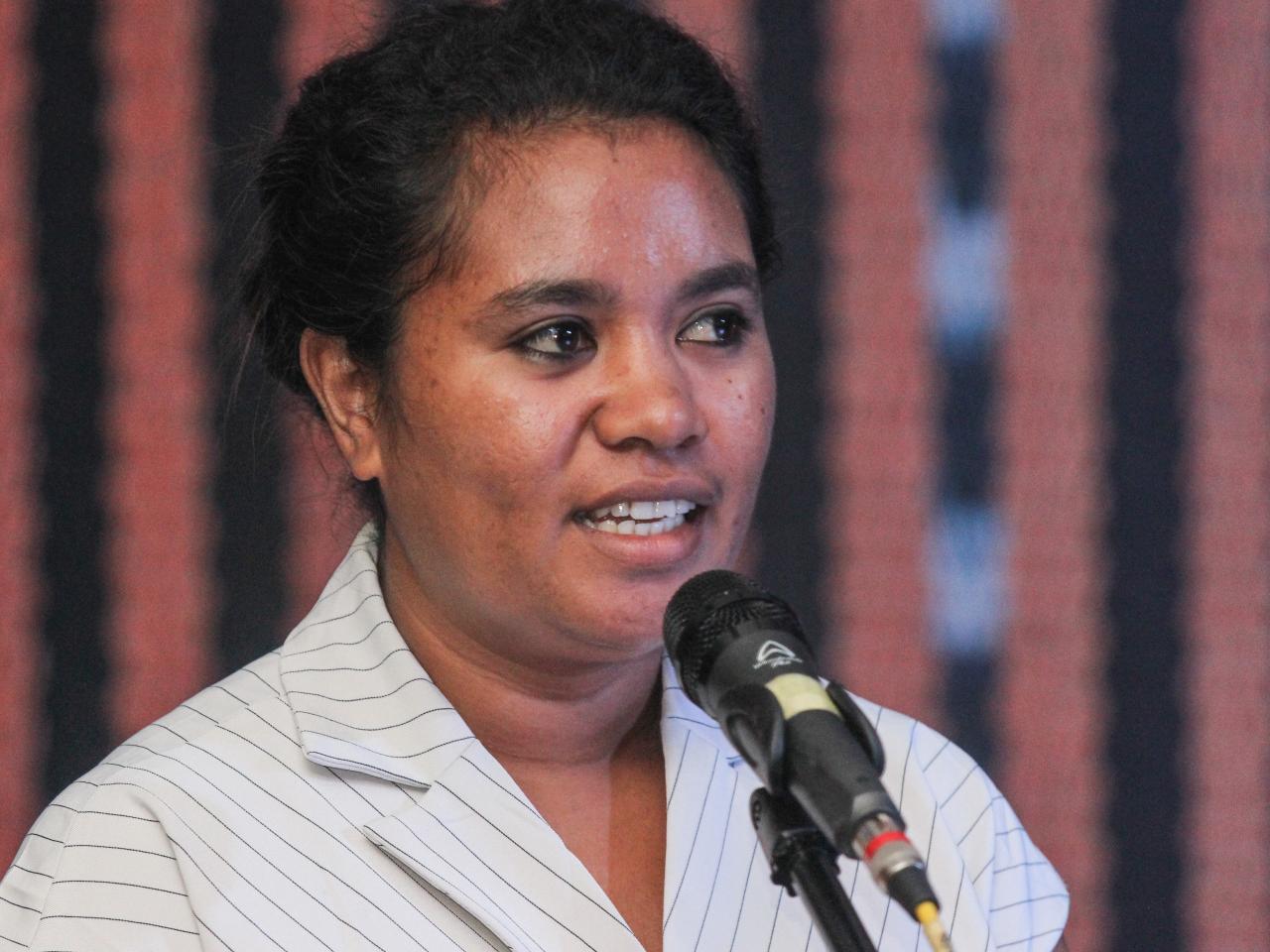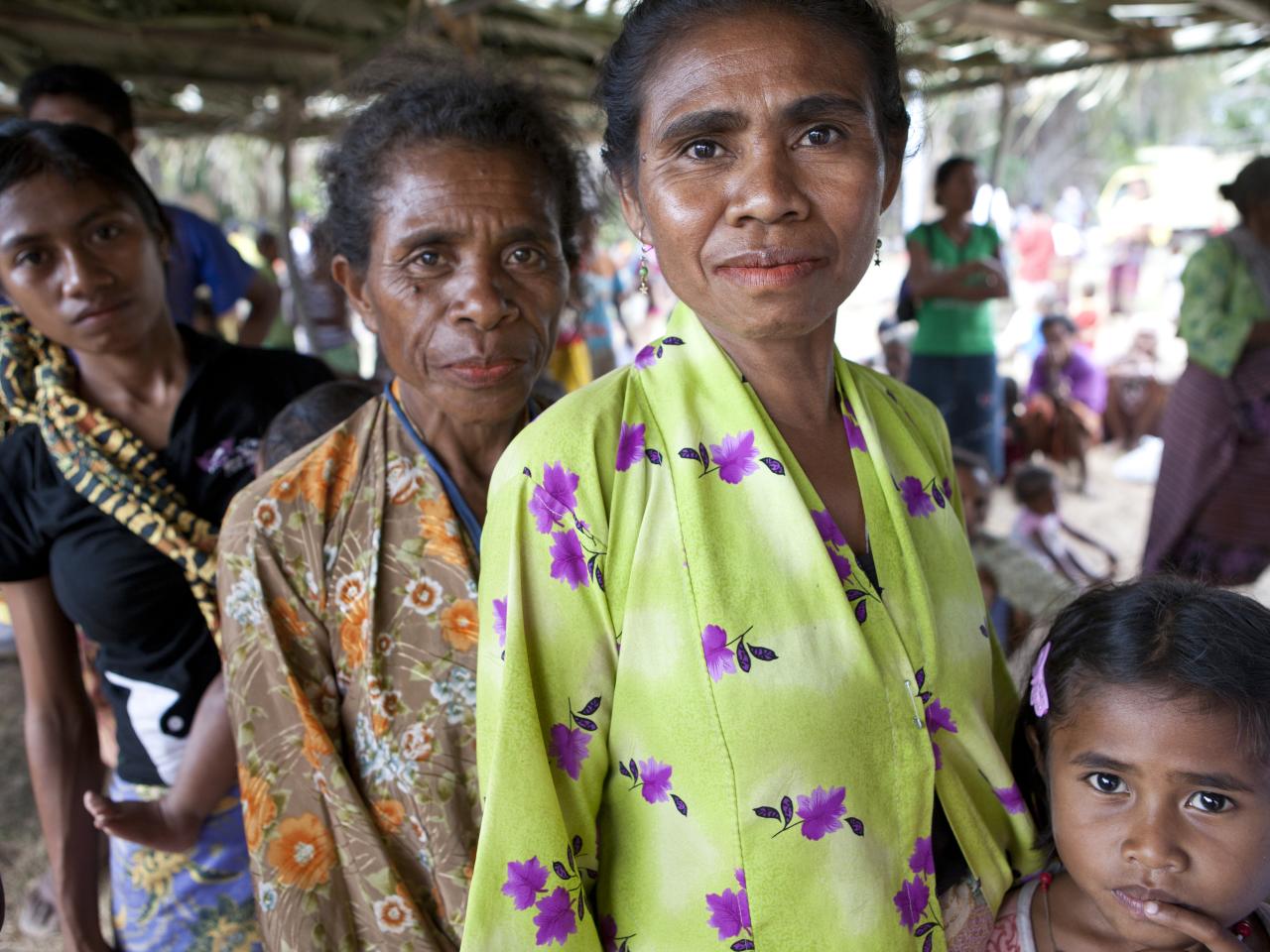‘Our voices matter’: an advocate explains the impact of lockdowns on women with disabilities in Timor-Leste
DILI, Timor Leste - Norberta V. Soares da Cruz, 32, has been working towards a more inclusive Timor-Leste since the age of 19, when she moved to Dili from her home in Viqueque. Today, she is the Interim Director at Community Based Rehabilitation Network Timor-Leste (CBRNTL), an organization that advocates for health, rehabilitation, education and other services for people with disabilities.
Her mission is simple: “I would like to help bring the concerns and voices of people with disabilities to discussions in the community and in government,” she says. “Our voices matter.”
In recent months, she’s seen how the economic and social turmoil of the coronavirus pandemic has impacted upon people with disabilities in her country. “As a woman with a disability, and through my work, I see that the biggest problem for people with disabilities is access to information and having [their] basic needs met. People with disabilities tend to be abandoned,” she says.
"As a woman with a disability, and through my work, I see that the biggest problem for people with disabilities is access to information and having [their] basic needs met" - Norberta V. Soares da Cruz, advocate and activist
“Some people can’t see, hear or read the information distributed about how to protect themselves from the virus. There are people with disabilities who, being isolated, may not even know what’s happening. Other people with certain conditions would really rely on their caregiver or family members, who may not be available or supportive.”
For many, lockdowns and travel restrictions have made it more difficult to get routine medication, sanitation products or food. “People with disabilities face double the burden in accessing food,” says Ms. Soares da Cruz. “[On top of this], people with disabilities may have weaker immune systems that could be easily infected by this virus.”
In her own life, Ms. Soares da Cruz has felt the gendered pressures of the pandemic.
“I’m much more loaded with household and office work at the same time,” she says. “As a mother, I have to ensure my safety in order to look after my kids and family. As a leader of an organization, I worry about my staff’s wellbeing as we continue our work from home.”
“People with disabilities are working on the front lines with partner organizations, sharing information on preventing COVID-19 and distributing food” - Ms. Soares da Cruz.
Leaving no one behind
Through her work with CBRN, Ms. Ms. Soares da Cruz has been helping to ensure that information and services reach those who need it.
“People with disabilities are working on the front lines with partner organizations, sharing information on preventing COVID-19 and distributing food to people with disabilities,” says Ms. Soares da Cruz. "We also encourage people to speak up for medical assistance when they feel unwell.”
In addition to mitigating the immediate impacts of COVID-19 on people with disabilities, Ms. Soares da Cruz has been working to create long-term change in Timor-Leste.
Women and girls with disabilities often face systemic barriers to equality, including an increased risk of violence. Studies indicate that women with disabilities are sexually assaulted at a rate at least twice that of the general population of women. In 2016, Ms. Soares da Cruz conducted a research project on the experiences of women and girls with disabilities in Timor-Leste. “The majority of the people whom we interviewed revealed that they had experienced violence and discrimination from their family and community,” she says. This pushed her to work even harder.
"We will work with family, community and all of society to end stigma and discrimination... We are all in this together and we will overcome this together" - Ms. Soares da Cruz.
“Using adult learning techniques, and with the help of UN Women and the UN Human Rights Advisor’s Unit, we have created a training programme on preventing and responding to violence against women and girls with disabilities,” she says. “We have already trained 11 people as facilitators to roll out the training, and six of us have a disability... People with disabilities know well their situation and can share their real experiences with the public.”
These facilitators provide training to public servants to make them more aware of violence against women and girls with disabilities - and how to respond to it.
“Now, Spotlight Initiative presents another opportunity to bring change to the lives of women and girls with a disability… We will work with family, community and all of society to end stigma and discrimination, not only to people with disabilities, but to all marginalized groups," says Ms. Soares da Cruz. "We are all in this together and we will overcome this together."
One million dollars of funding from the flagship Spotlight Initiative budget has been allocated to address the increased risks of violence against women and girls in Timor-Leste during the pandemic.
Ms. Soares da Cruz is volunteer member of the Spotlight Initiative National Civil Society Reference Group in Timor-Leste, which provides critical information, analysis and lessons to inform the Initiative's programming and advocacy.
Reporting by Ahmed Saleem. Photo: UN Women/Helio Miguel



